Beijing doesn't want another tariff war with its key partners… but it doesn't fear it either.
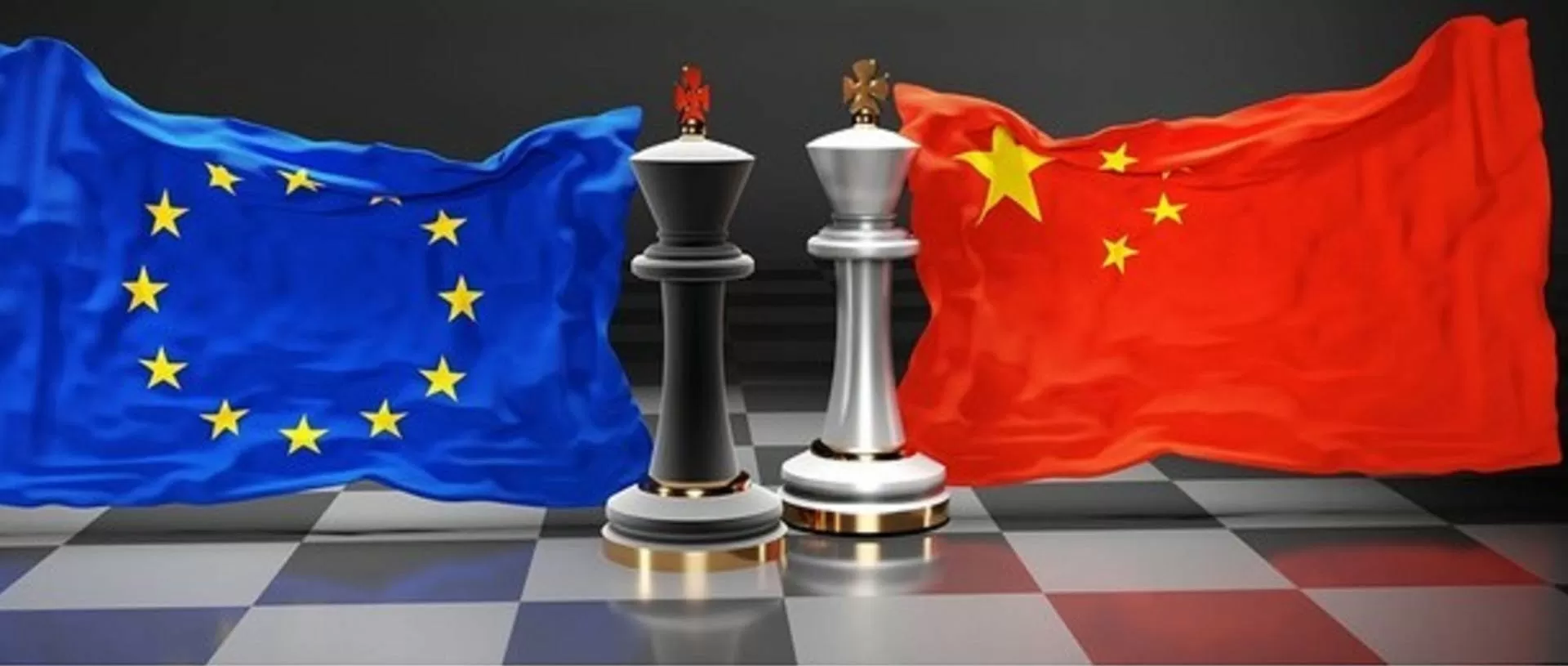 |
| “Tit for tat” will plunge China and the EU into a new trade war. Illustration photo. (Source: Shutterstock) |
The US-China trade war broke out on March 22, 2018, when US President Donald Trump announced a $50 billion tax on Chinese goods exported to the US, to prevent what they considered unfair trade practices and intellectual property theft.
“Tit for tat”
Since then, tit-for-tat measures that have escalated tensions between the world's two largest economies have crossed borders, having a strong impact on the global economy.
Most recently (May 14), the administration of President Joe Biden continued to announce new tariffs on imports of electric vehicles, semiconductors, solar panels, steel, aluminum, and medical products from China, in which the electric vehicle tax increased fourfold, to more than 100%.
It seems that there are similar points going on, after the European Union (EU) officially launched tariffs, Beijing "spoke up".
China’s Ministry of Commerce will hold an anti-dumping hearing on imported spirits from the EU on July 18, according to a new announcement. This is Beijing’s first official response to the EU.
The move comes after the EU imposed temporary additional tariffs of 38% on imported Chinese electric cars on July 4, citing “unfair state subsidies,” despite Beijing’s warning that the move would trigger a trade war.
From July 5, the temporary tariffs will take effect, with electric vehicle manufacturers in China cooperating with the EU facing a 20.7% tariff, while non-cooperating manufacturers will face a 37.6% tariff.
According to the European Automobile Manufacturers Association, the market share of Chinese-made electric vehicles in the EU has increased from around 3% to more than 20% in the past three years. Experts predict that the higher temporary tariffs will reduce Chinese electric vehicle imports by 42% and that EV prices could increase by an average of 0.3-0.9% in the EU.
The Chinese government has repeatedly called on the EU to cancel tariffs, demonstrating its willingness to negotiate. Beijing has frankly said that it does not want to fall into another tariff war, while it is still in trade tensions with the US, but will take all measures to protect its businesses.
Meanwhile, observers commented that the EU's punitive tariffs are not enough to stop the rising wave of Chinese exports, as the country's giants are investing heavily, even "betting" on Europe in the electric car value chain.
This is considered the third Asian “wave”, after the Japanese (1980) and Korean (1990) waves into the European car market. However, the Chinese wave is considered much stronger and more worrying, as it is based on both the unprecedented industrial strength of the world’s second largest economy and a new technology field – electric cars, in which Europe is considered to be lagging behind.
Overall, as many have argued, China’s assault on the European market in the field of electric cars is structural, rapid and large-scale. Decisions made by the EC may slow down this process, but it is very difficult to stop it.
Meanwhile, the EU, as usual, is divided by different interests in the face of this threat. There have been heated debates among EU members. The German government and its auto industry - an important trading partner of China - officially do not support the EU's decision to impose tariffs. Sweden has also spoken out against the additional tariffs. On the contrary, French carmakers welcomed them on the grounds that they create "fair play"... This is also the main reason why the EU cannot attack Beijing as strongly as the US has just done.
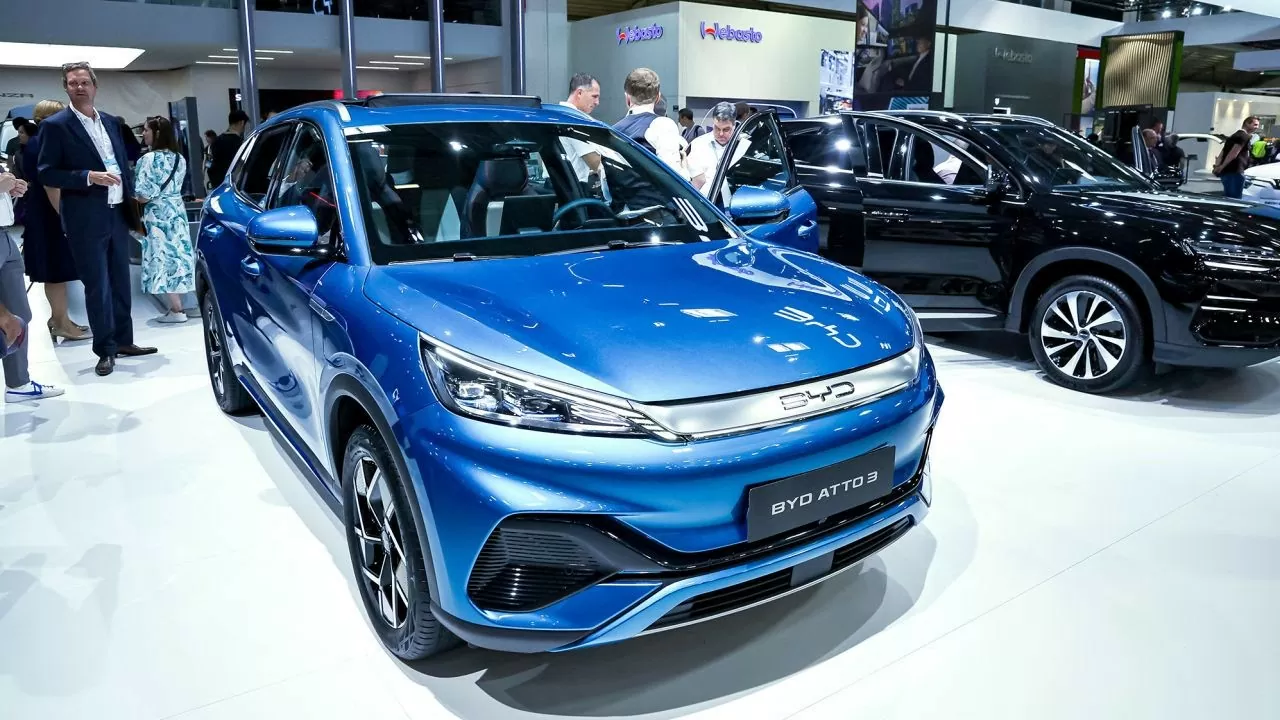 |
| It is argued that China’s attack on the European market in the field of electric cars is structural, rapid and large-scale. (Source: Reuters) |
“The ball is in the EU's court”
In a move to respond to Europe's decision, China claimed that the EU was undermining fair competition, the transition to green energy, and China-EU cooperation in general.
Chinese carmakers have urged the government to raise tariffs on gasoline-powered cars imported from Europe. Beijing has launched an investigation into European pork and dairy imports, which could affect a quarter of all EU agricultural exports to China. Chinese authorities have also launched an investigation into cheap French Cognac in the country, seen as a response to the electric car probe. The Ministry of Commerce said it had completed formal procedures and would announce the results soon.
In the Izvestia newspaper, Rosalia Varfalovskaya, a leading researcher at the Russian Academy of Sciences, said that it is not impossible that China could target the EU's aviation sector in the near future. The supply of European aviation equipment and components to China is estimated to be worth about 7 billion Euros.
The researcher added that the comprehensive strategic partnership between Russia and China in the new era is an important foundation for promoting cooperation between the two countries in the fields of agriculture, aircraft and automobile industry, and this could be a "support" to help China escape European and other sanctions.
However, political analysts say that Beijing’s response so far has been relatively restrained and cautious, as in response to the EU’s decision to increase tariffs on electric cars, the Chinese government has only initiated a new investigation, not restricted exports. This approach by China represents a diplomatic tactic to encourage the EU to reconsider its actions.
However, if Brussels refuses to negotiate, analysts say Beijing could quickly complete its investigation and respond with appropriate or even tougher countermeasures. Although Beijing has always declared its priority on maintaining mutually beneficial cooperation, it is believed that Beijing will not ignore unfriendly policies that harm its national interests. It has declared that it does not want a tariff war but is not afraid of it either.
As Professor Yang Cheng at Shanghai International Studies University, shared his views with the media: “The ball is now in the EU's court”!
Source: https://baoquocte.vn/cuoc-chien-thuong-mai-moi-278309-278309.html








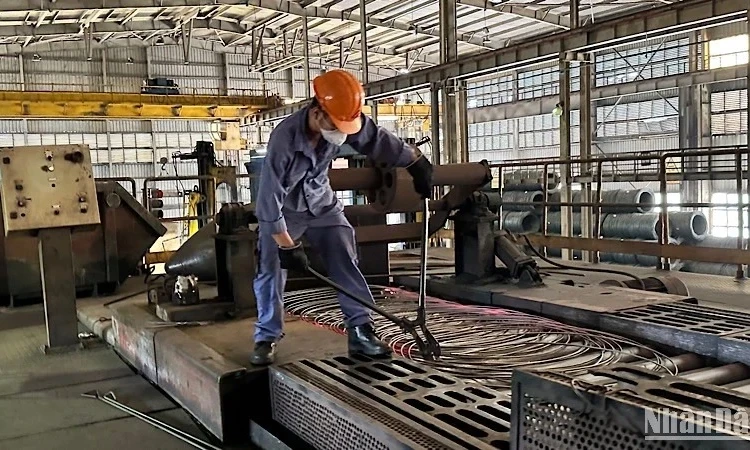

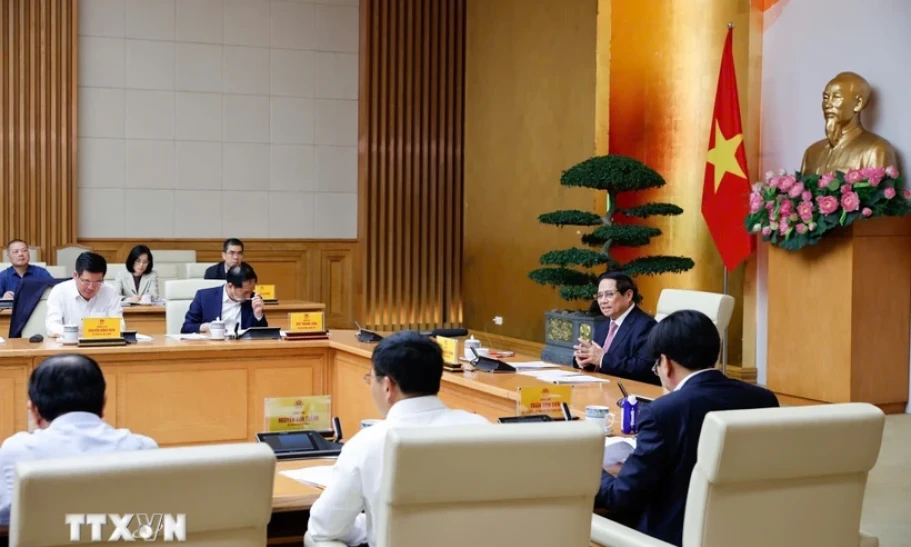

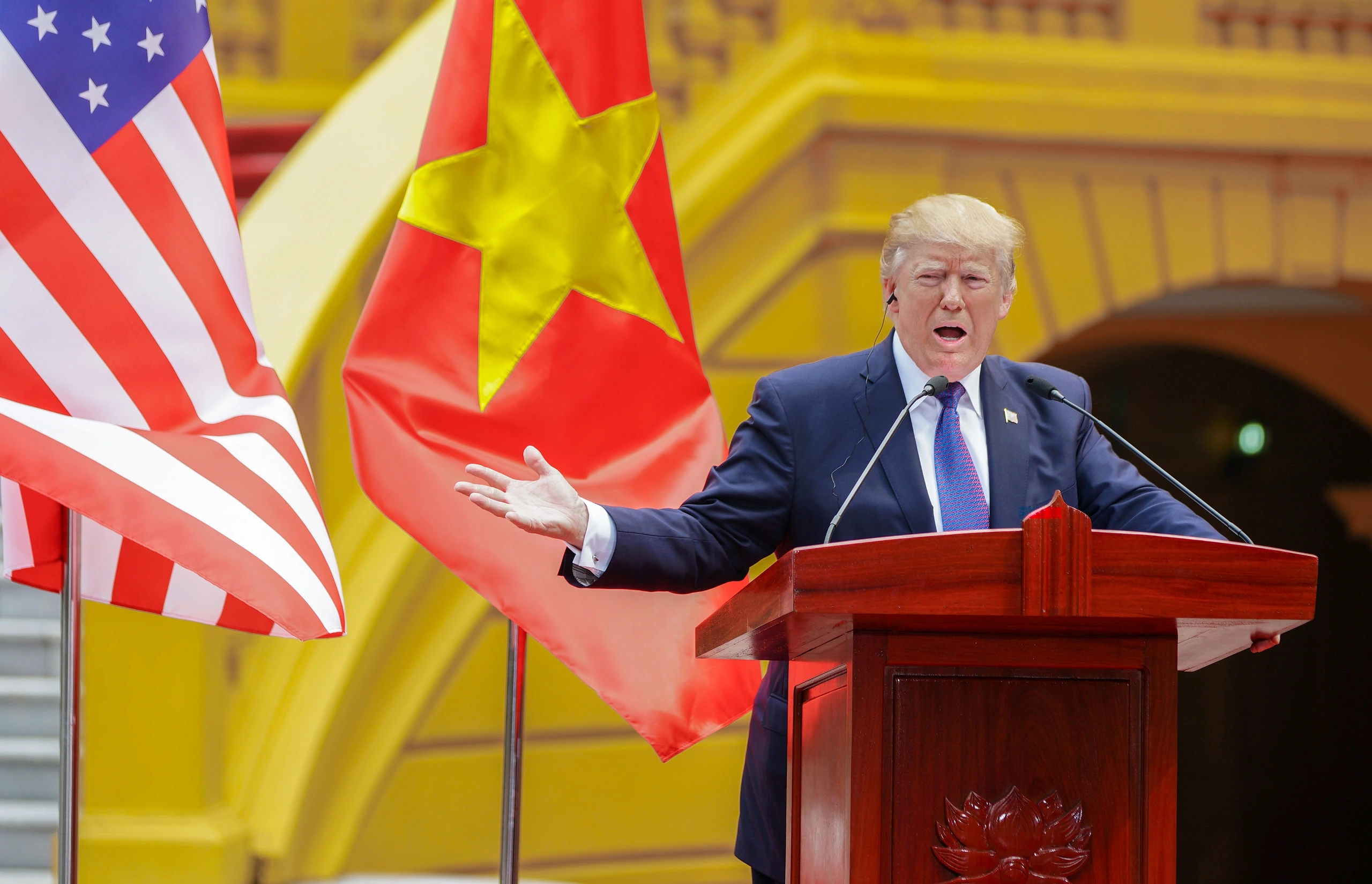

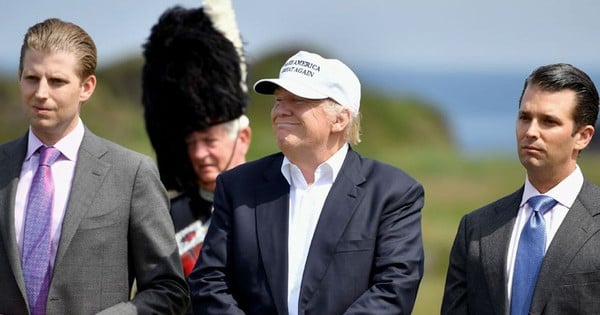

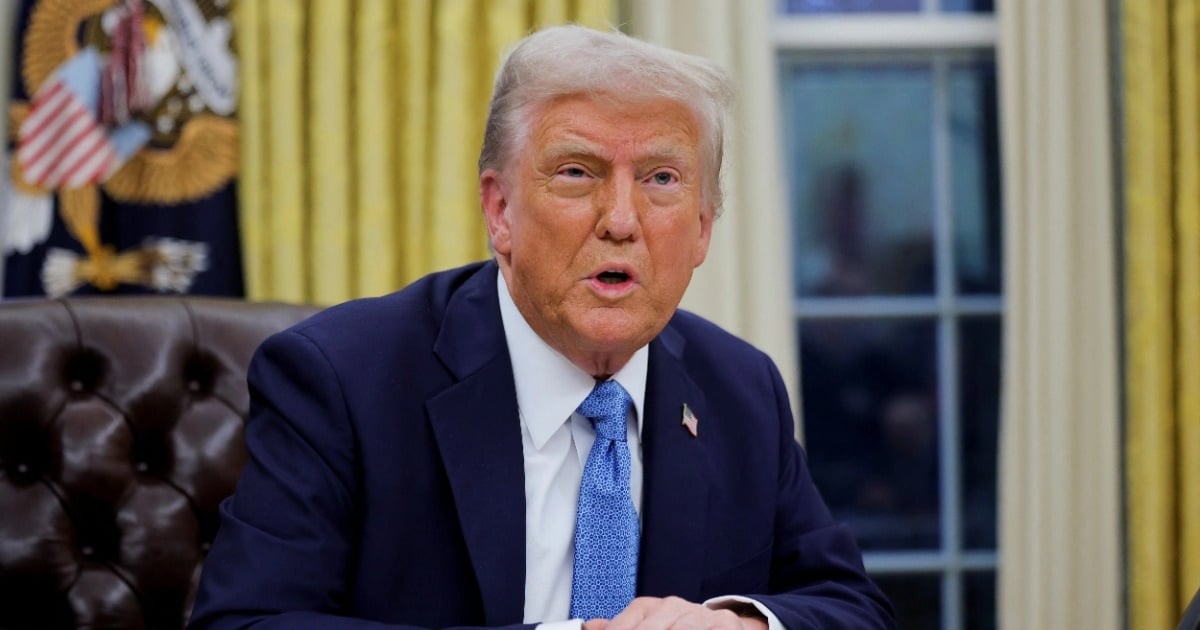

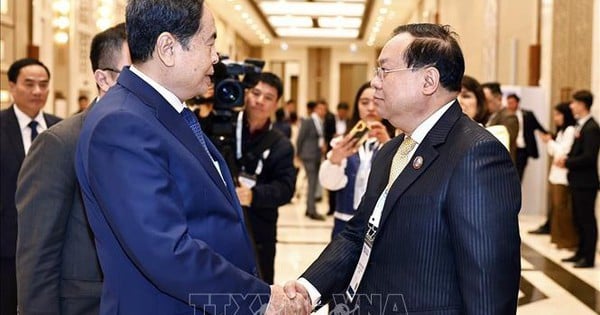
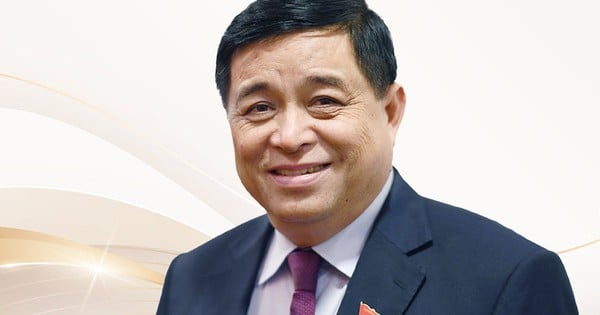
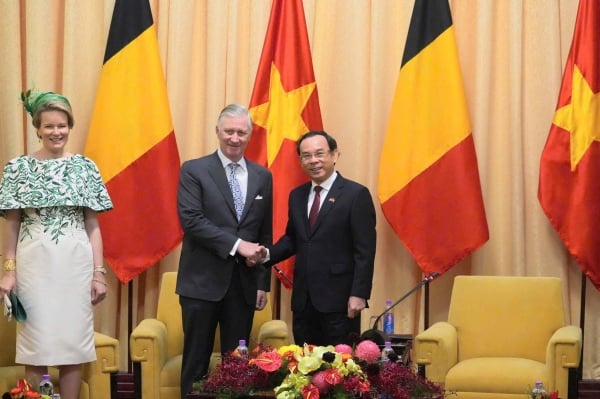
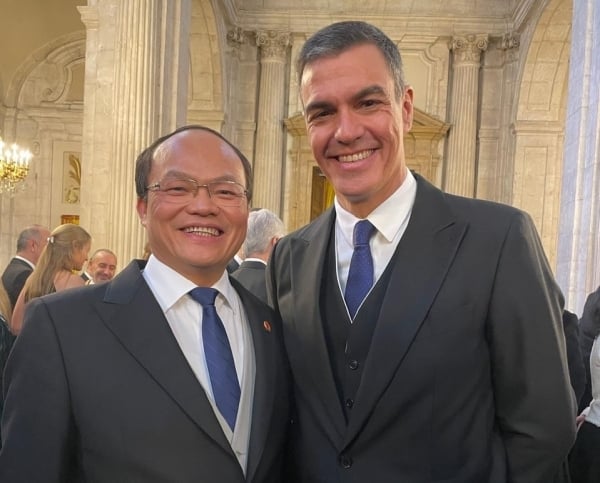
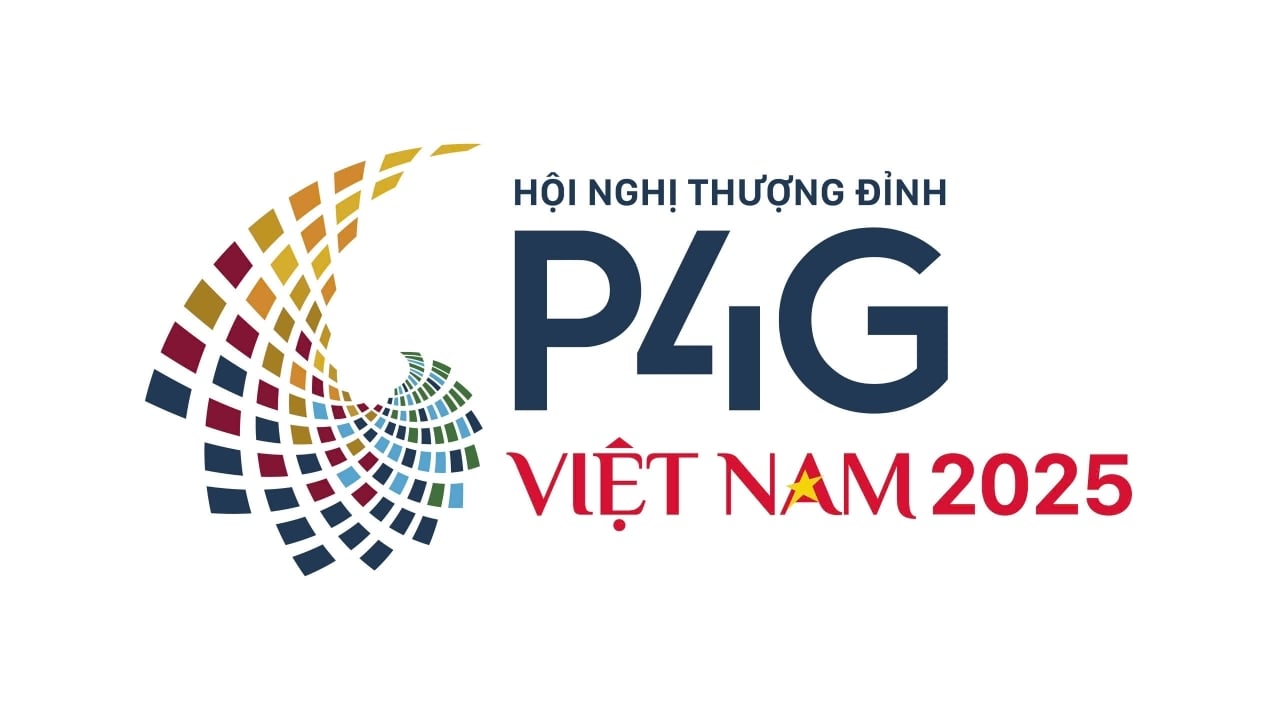
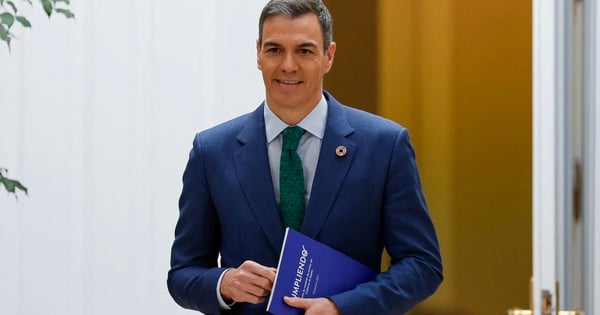

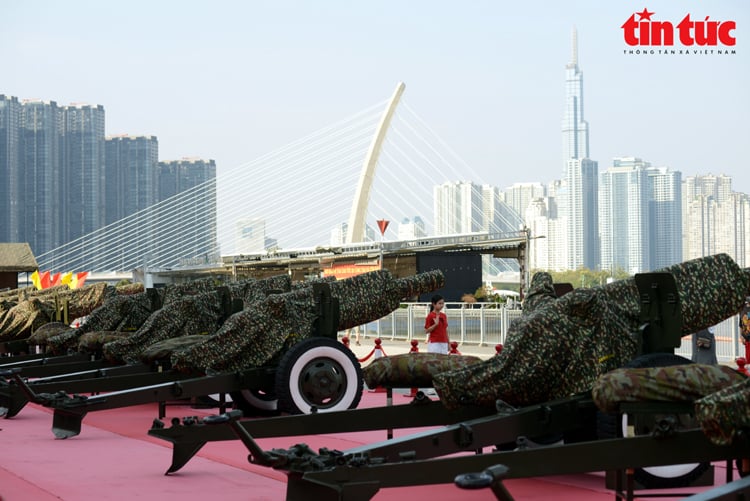
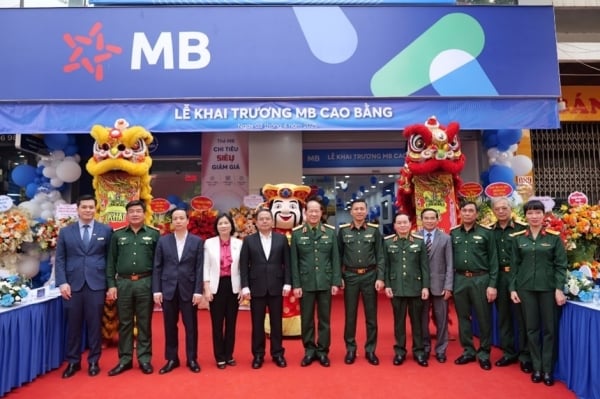
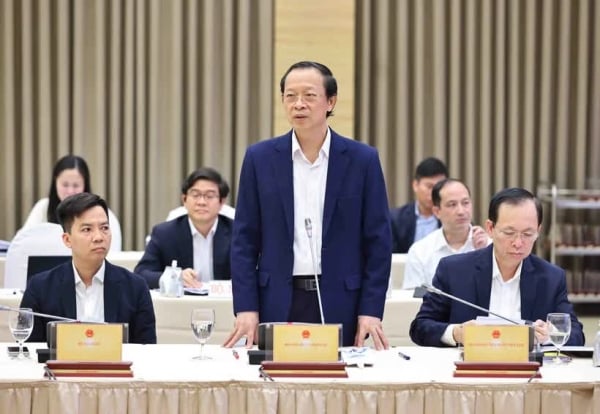












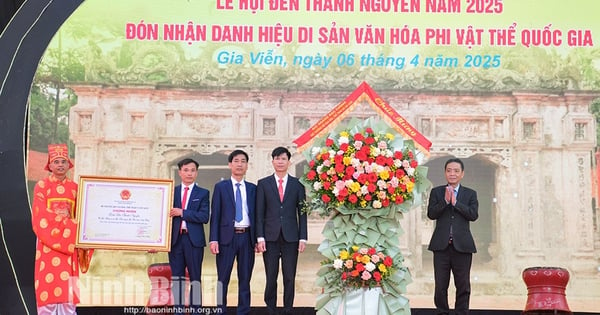
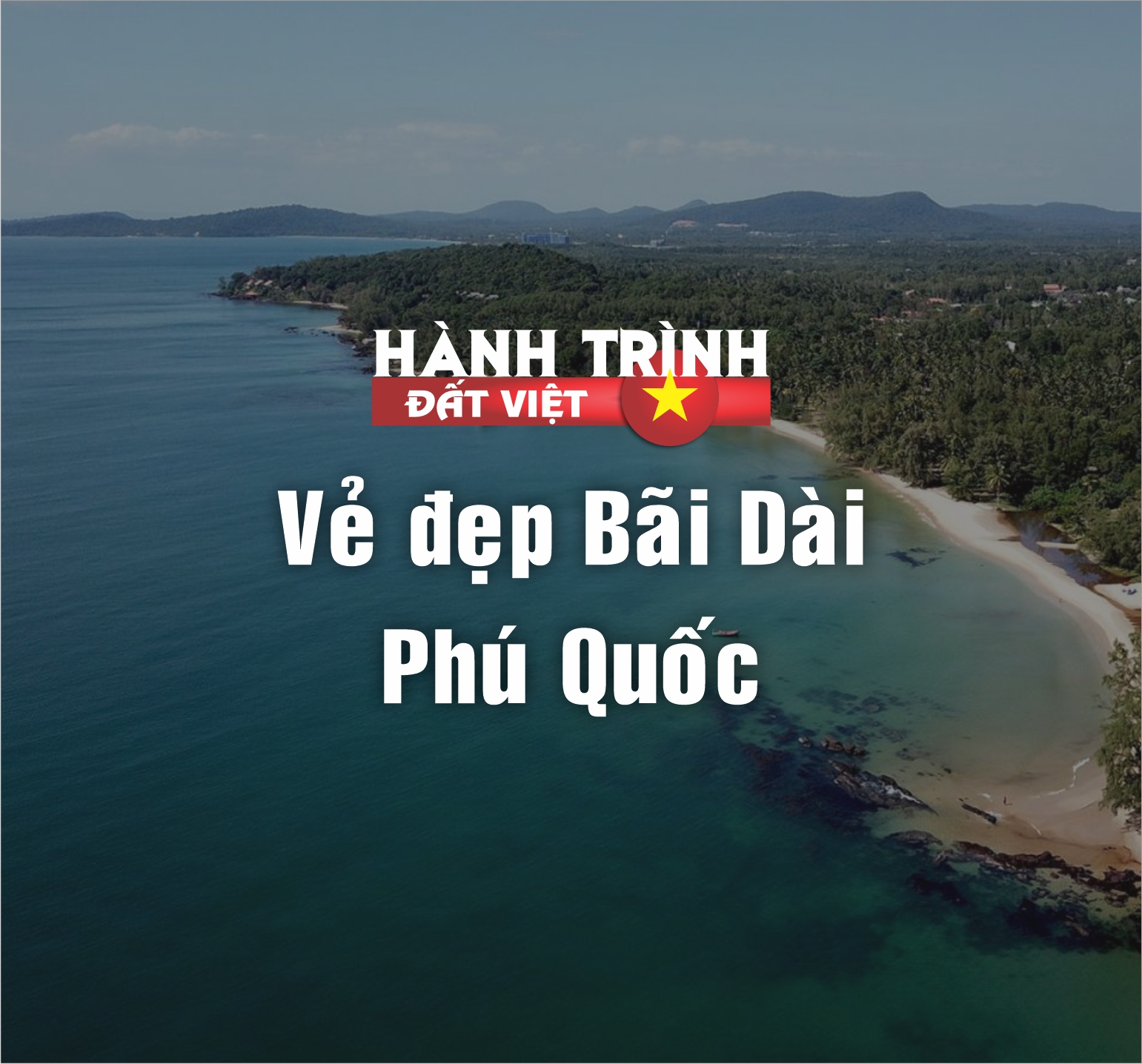



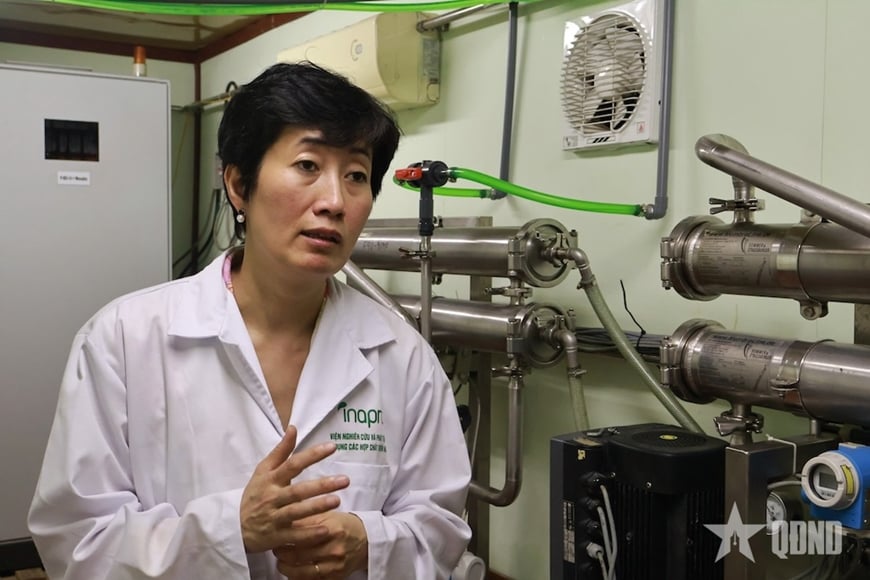





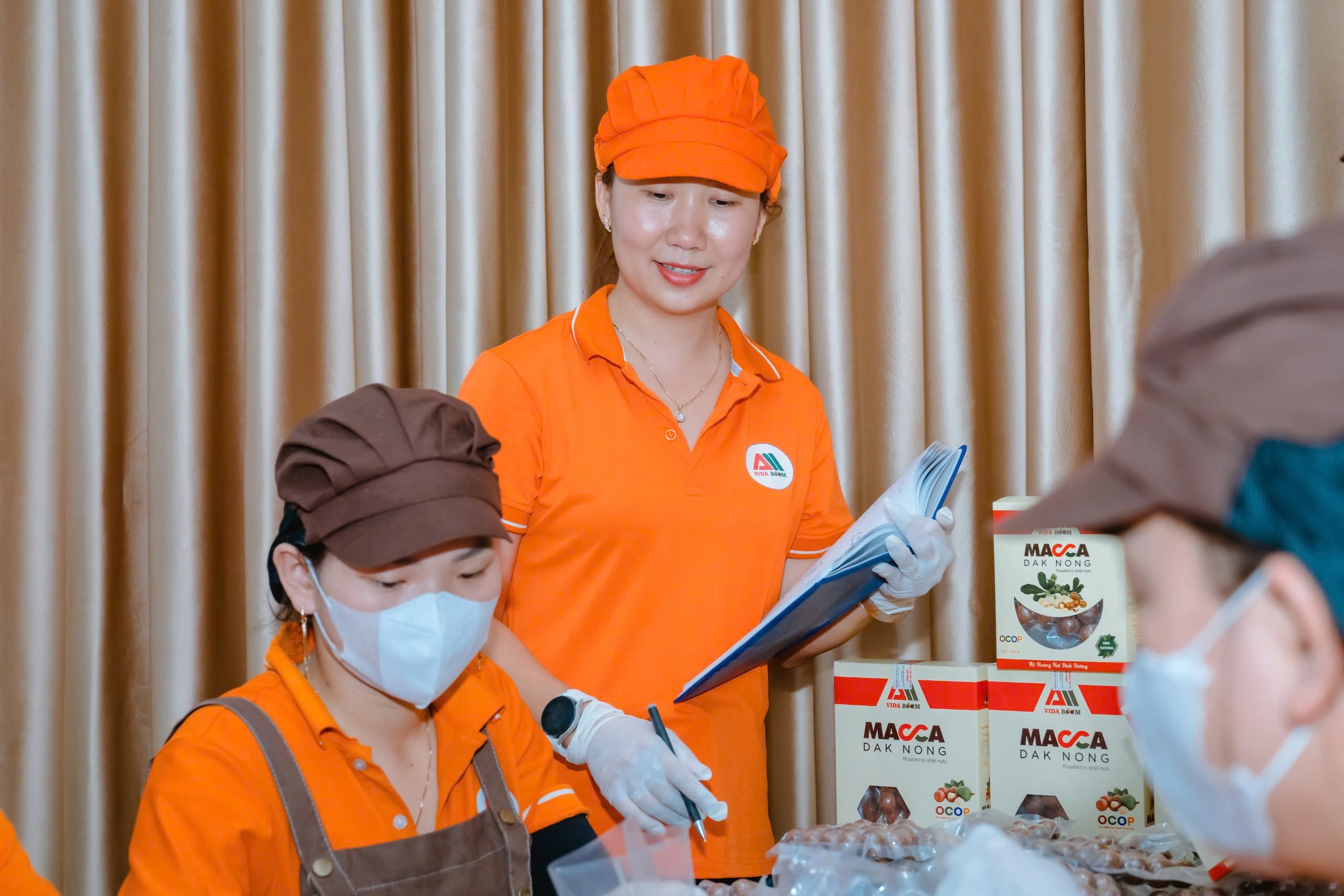



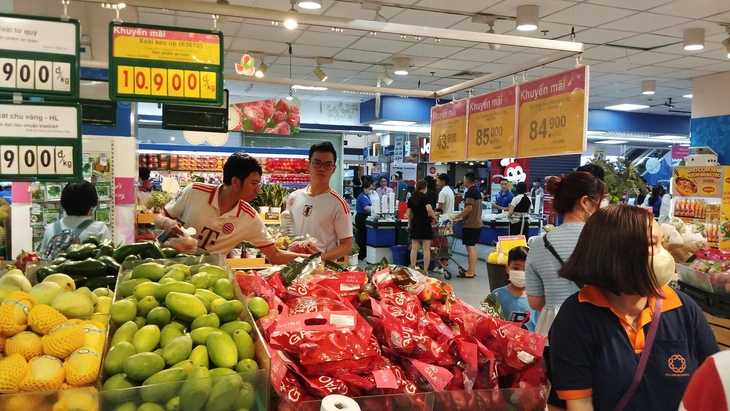



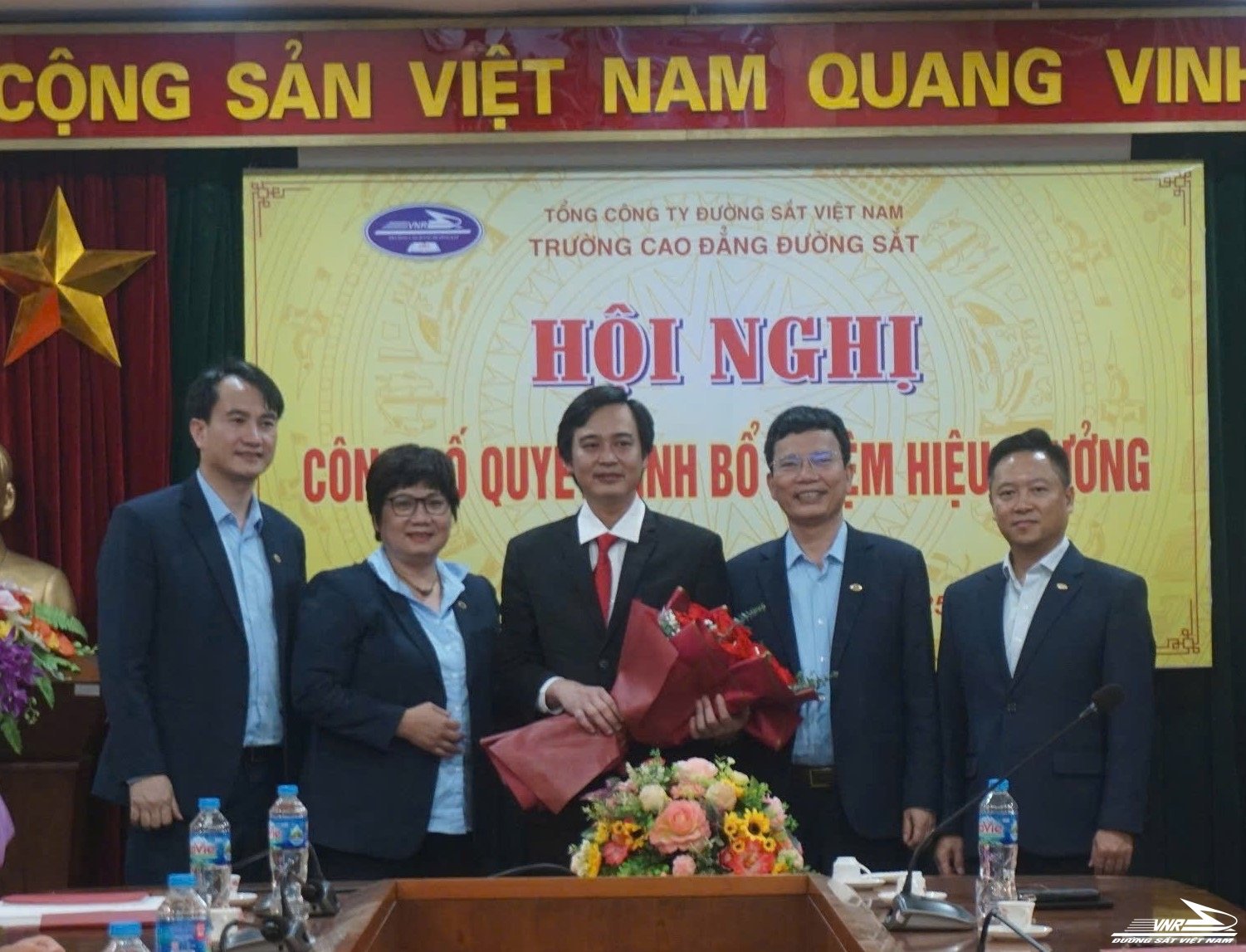
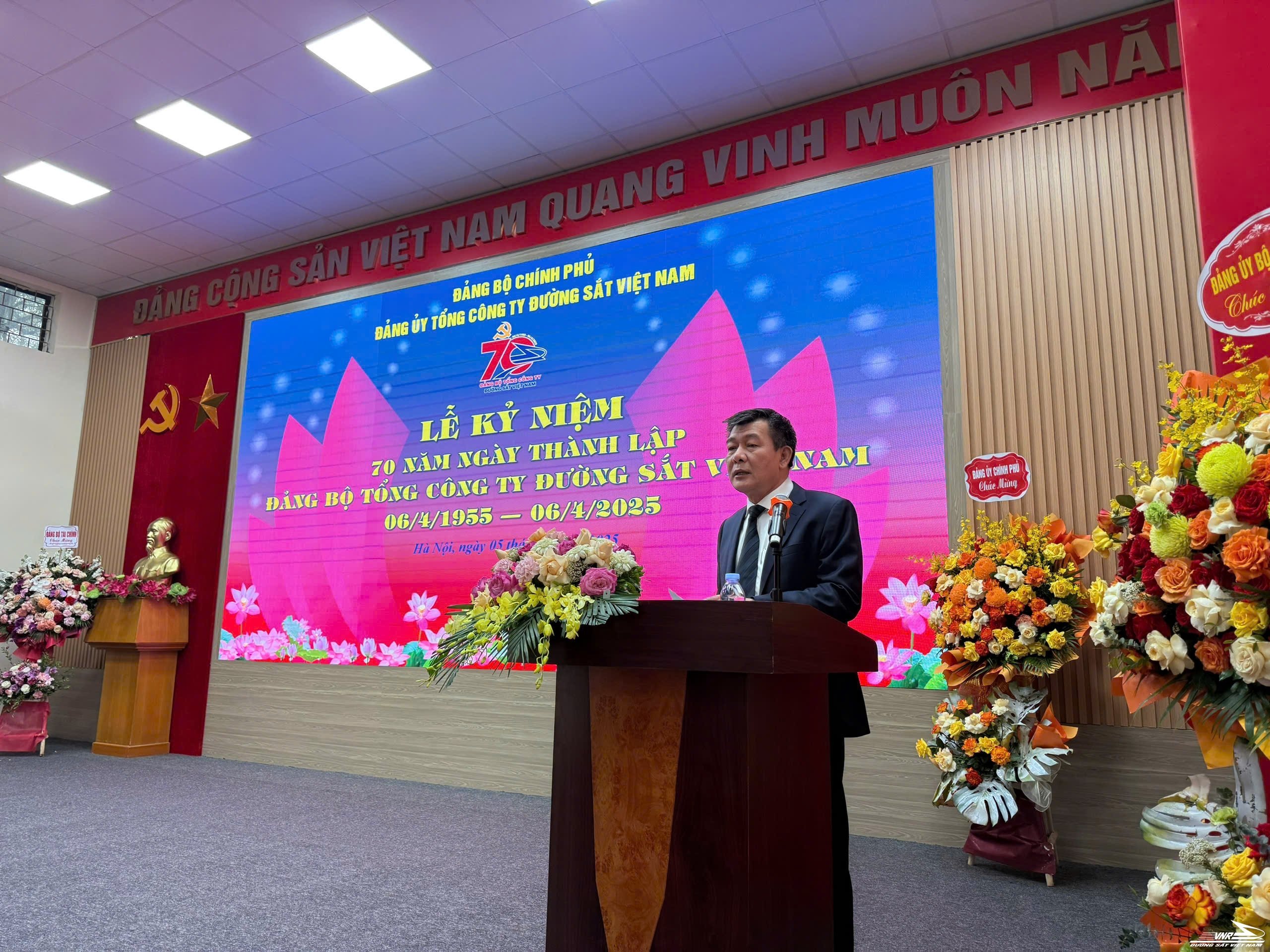
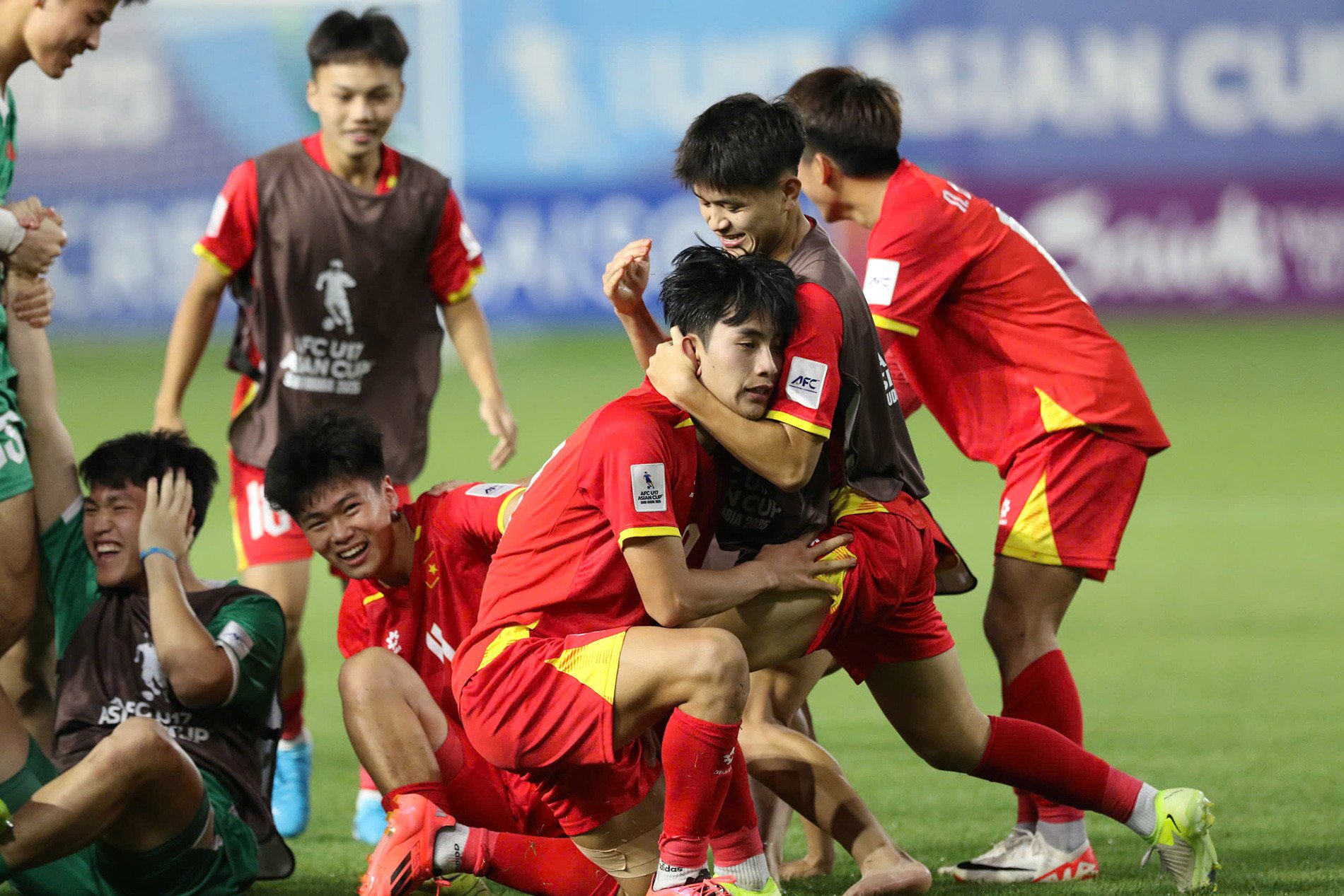

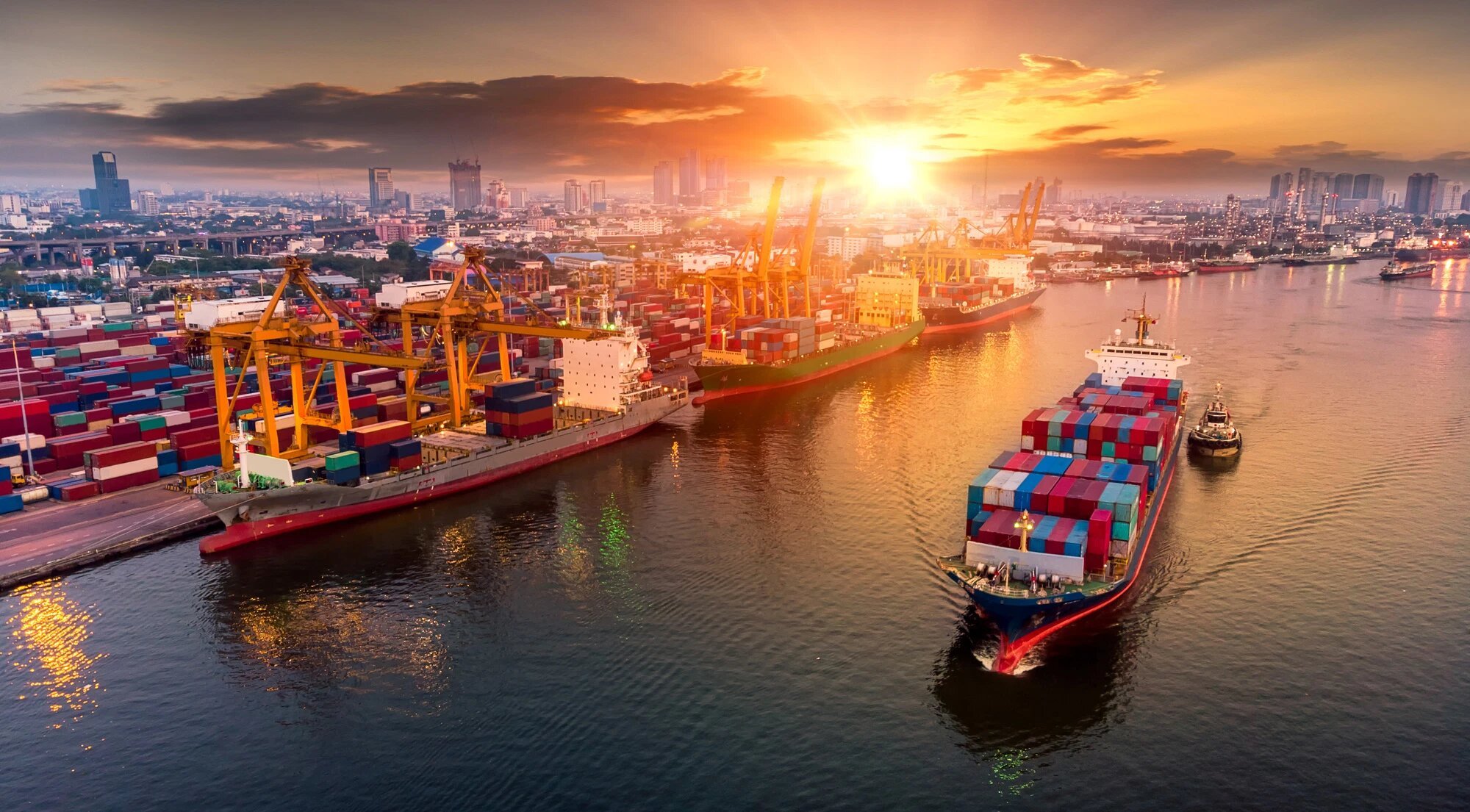

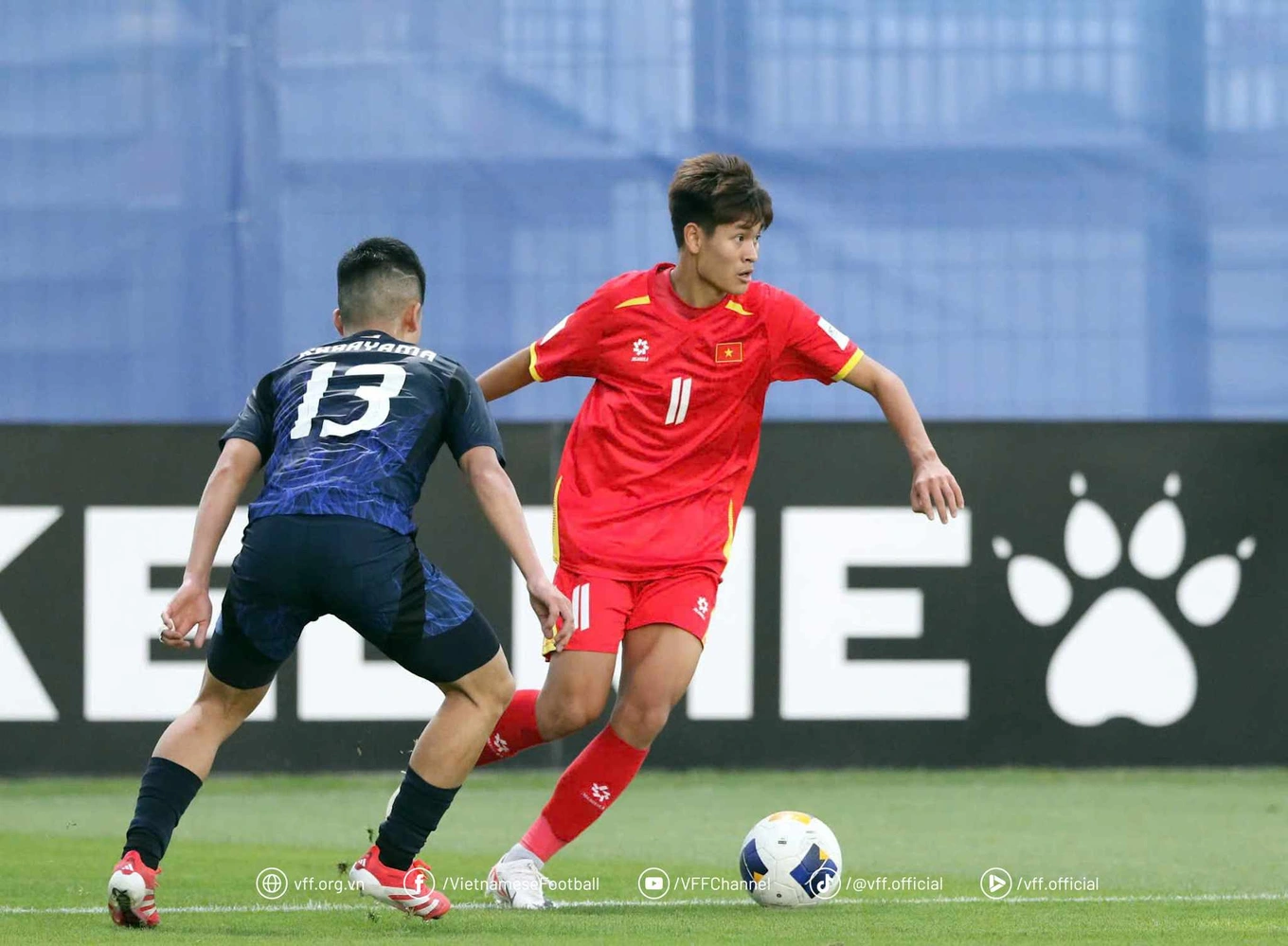


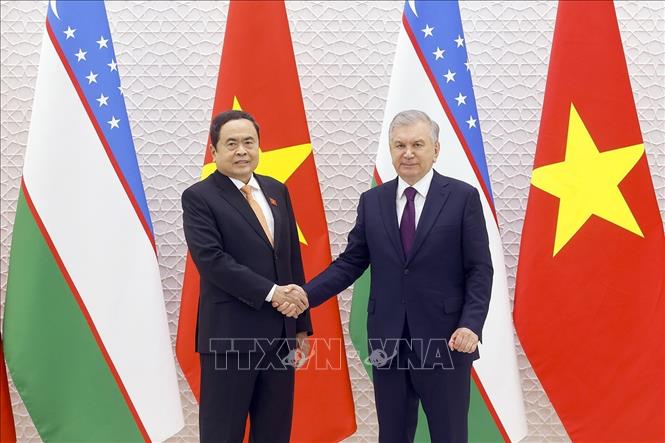















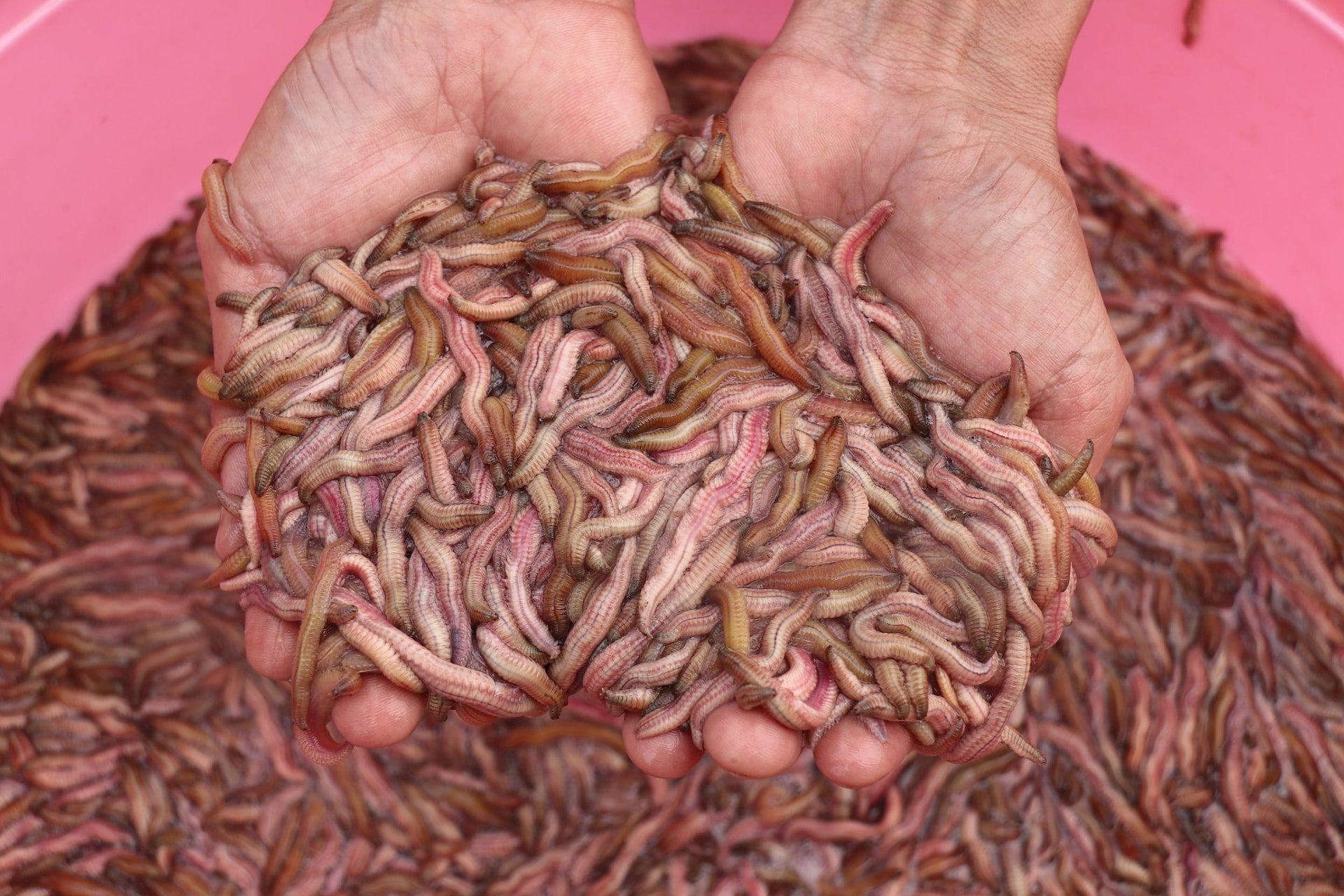
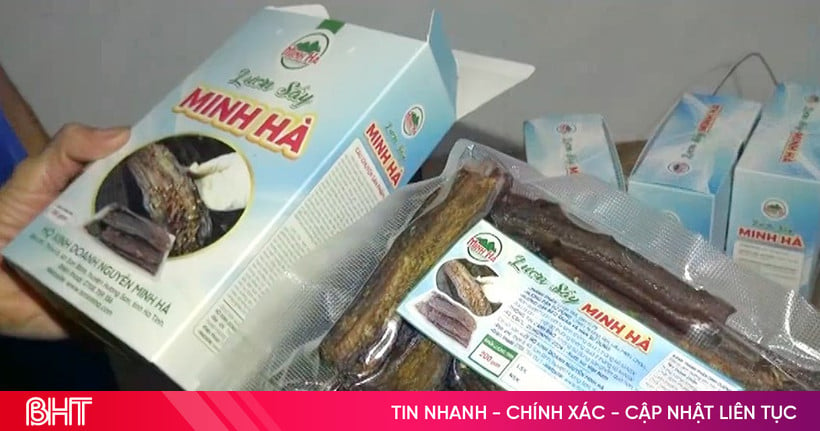



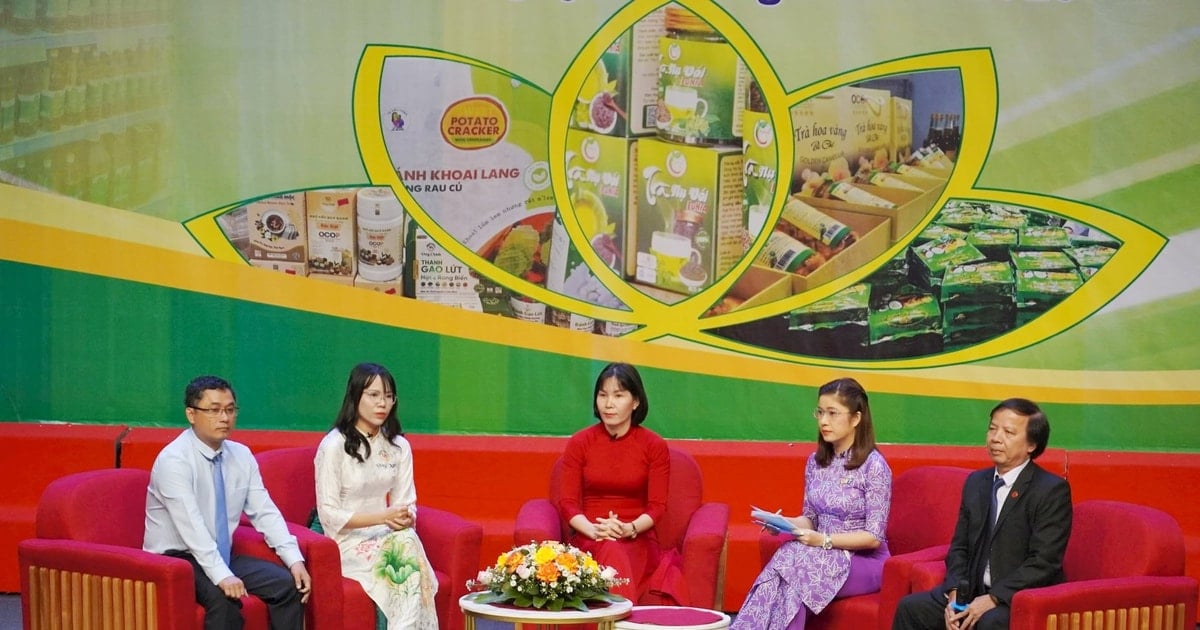



Comment (0)